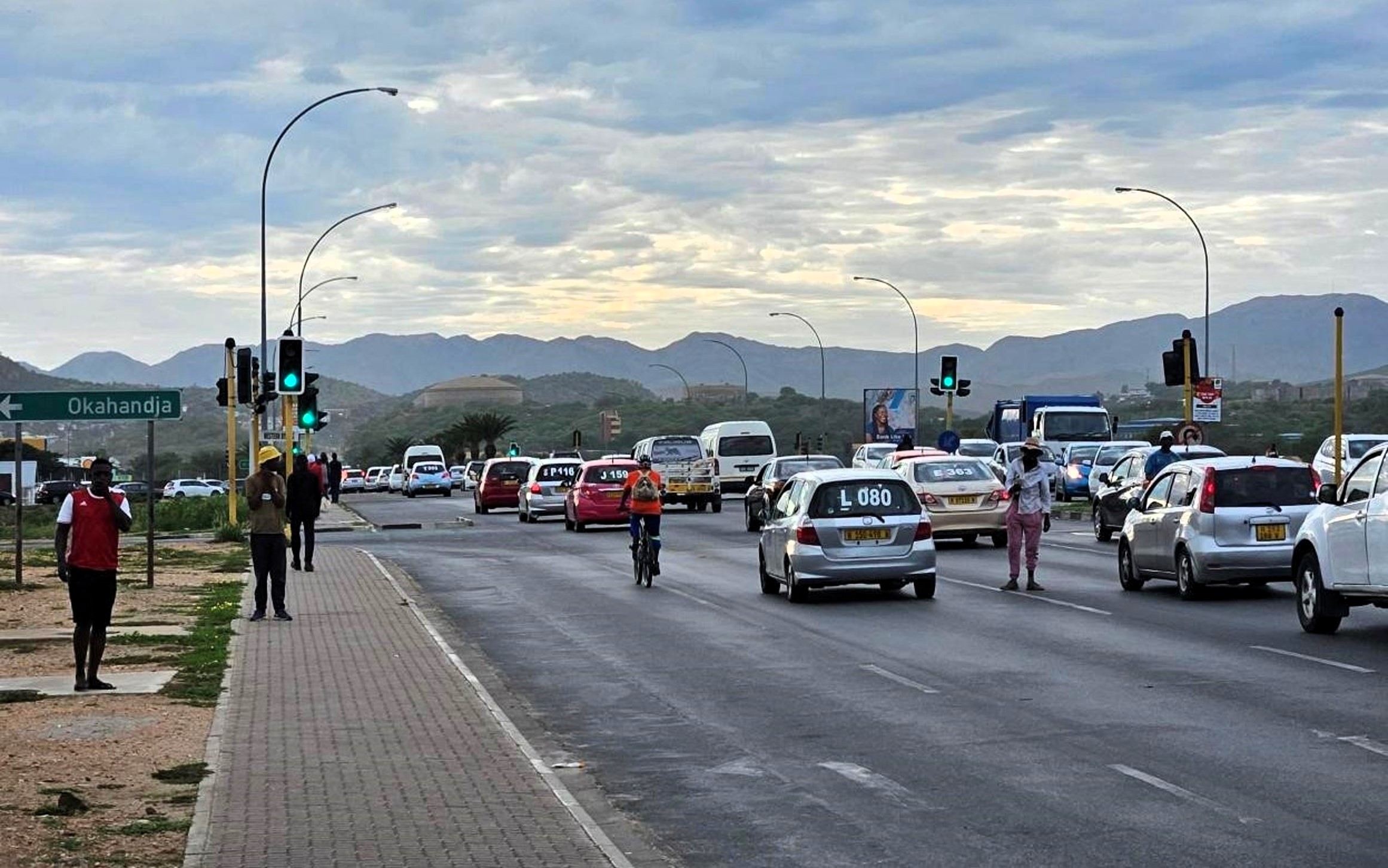

Rethinking Mobility in Windhoek
Windhoek is transforming urban mobility with an innovative Non-Motorized Transport (NMT) network aimed at reducing traffic congestion, CO2 emissions, and providing safer, eco-friendly travel alternatives. In a city where only 13% of households own a car, many residents rely on informal taxi services because public transport infrastructure is limited. The NMT project envisions a city where walking and cycling are practical, accessible, and affordable, reducing reliance on motorised transport.
Navigating the Barriers to Sustainable Transport
Windhoek’s existing transport infrastructure is predominantly designed for cars, with limited space for cyclists and pedestrians. Only 6% of the road network includes paved sidewalks, leaving non-motorized users exposed to traffic hazards, especially in informal settlements. Hilly topography and perceptions of cycling as a costly or unsafe mode of transport discourage potential users. Road safety is a pressing issue, with over 5,500 accidents reported annually, many involving pedestrians and cyclists. The city’s climate, marked by intense heat and occasional flooding, poses additional hurdles to creating resilient, comfortable, and safe NMT infrastructure.
Shaping the future for non-motorised transport
The feasibility study employs a multi-disciplinary approach, combining engineering, social inclusion, and environmental sustainability. Data collection from traffic counts, socio-economic surveys, and public consultations ensure that community needs shape the project. Input from over 2,668 households have provided critical insights into the travel patterns and preferences.
The proposed design concept focuses on safe, separated bicycle lanes and pedestrian walkways, linking low-income areas to key destinations like schools, workplaces, and health services. Engineering solutions prioritize user safety through thoughtful pavement and geometric design, with attention to intersections where conflicts with motorized traffic are most likely.
The project also incorporates climate adaptation, considering extreme weather and heat while promoting a reduction in CO2 emissions by shifting transport modes from taxis to cycling and walking. The public advocacy component supports behavioral change, encouraging cycling as a viable, healthy alternative.
A path to sustainable transport
Windhoek’s NMT network is expected to have far-reaching impacts on both the environment and the city’s residents. By reducing reliance on motorized transport, Widhoek will support safer, more equitable mobility whilst reducing CO2 emissions. In the long term, Windhoek’s NMT initiative has the potential to foster a cultural shift towards sustainable urban mobility, setting a precedent for other cities in Namibia and across Southern Africa.
Windhoek, Namibia
Ministry of Works and Transport
2024
Germany Trade and Investment








